Buon Don is not only a legendary land with majestic natural landscapes, diverse culture, rich in identity. This place is also the land of elephants, famous for hunting, taming elephants, rituals and customs related to elephants. This is also a bustling trading place of Lao traders with the ethnic minorities of the Central Highlands hundreds of years ago, so that they could settle down and make a living on this land.
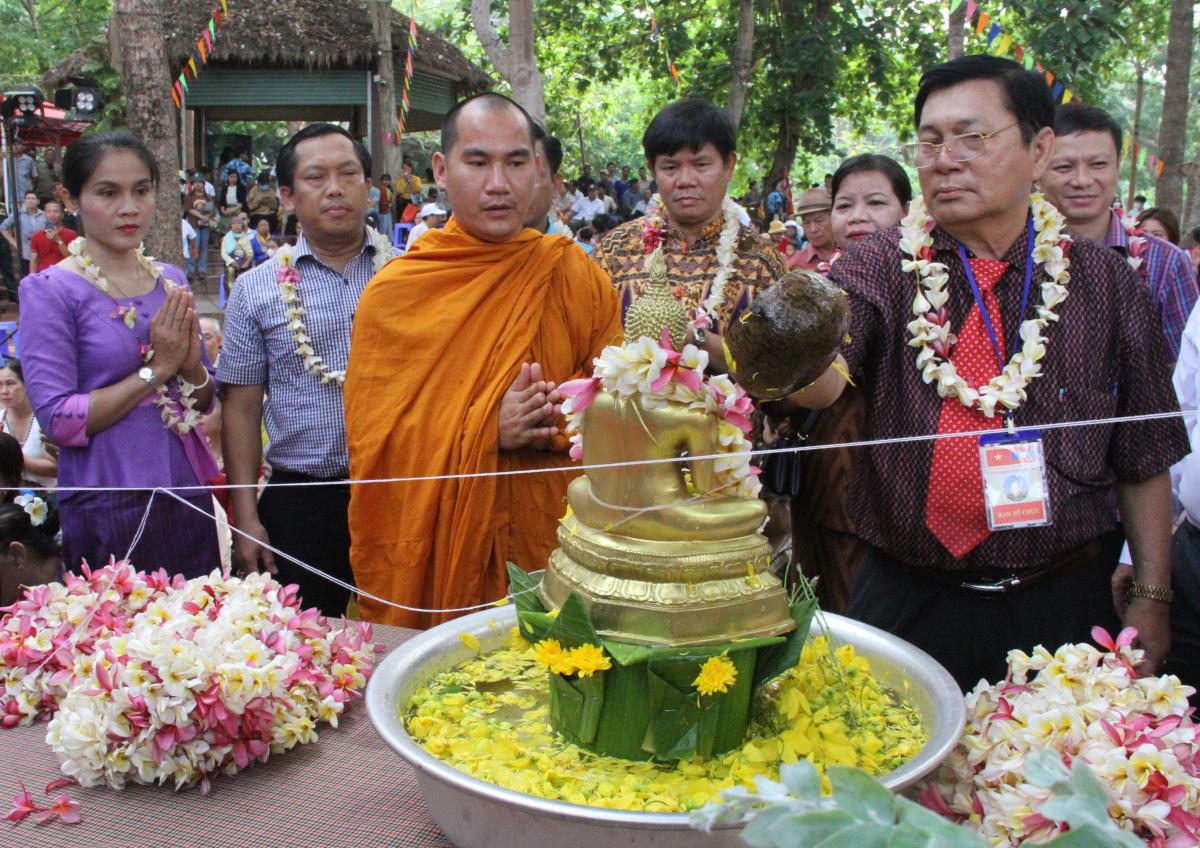 |
Buddha bathing ritual in Laos' Bunpimay Festival. Photo: Le Huong
Growing up in this legendary land, immersing himself in the simple life, close to other ethnic groups, Mr. Bun Mi Lao, Tri village, Krong Na commune, understands well the life of the Vietnamese-Lao community here. Mr. Bun Mi Lao shared: In the past, some Lao people brought goods here to trade and sell, then stayed here to make a living and make a living. Lao people live simply, in harmony, and interact with other ethnic groups. They married boys and girls of the Ede, M'Nong, and Gia Rai ethnic groups and gave birth to a generation with mixed Vietnamese-Lao blood.
The lives of the Laotian Vietnamese here have stabilized and are changing day by day. They not only focus on taking care of their lives and developing the economy , but also remember their roots and preserve their ethnic traditions. Now, the economy is growing, transportation is convenient, and administrative procedures are no longer difficult. Laotian Vietnamese in Buon Don still regularly return to their hometown to visit their relatives.
Proud to be the third generation of Lao people in Buon Don, Ms. Nang Bun Som Lao, Chairman of the People's Committee of Krong Na commune, confided: Lao people here are cared for by the Party Committee and government to develop the economy, stabilize their lives and create conditions for them to visit their homeland, relatives and clans in Laos. The life of people in this border commune is simple and close. Many people here speak 2-3 languages of the ethnic groups, so there is no longer a gap in language and culture between the ethnic groups.
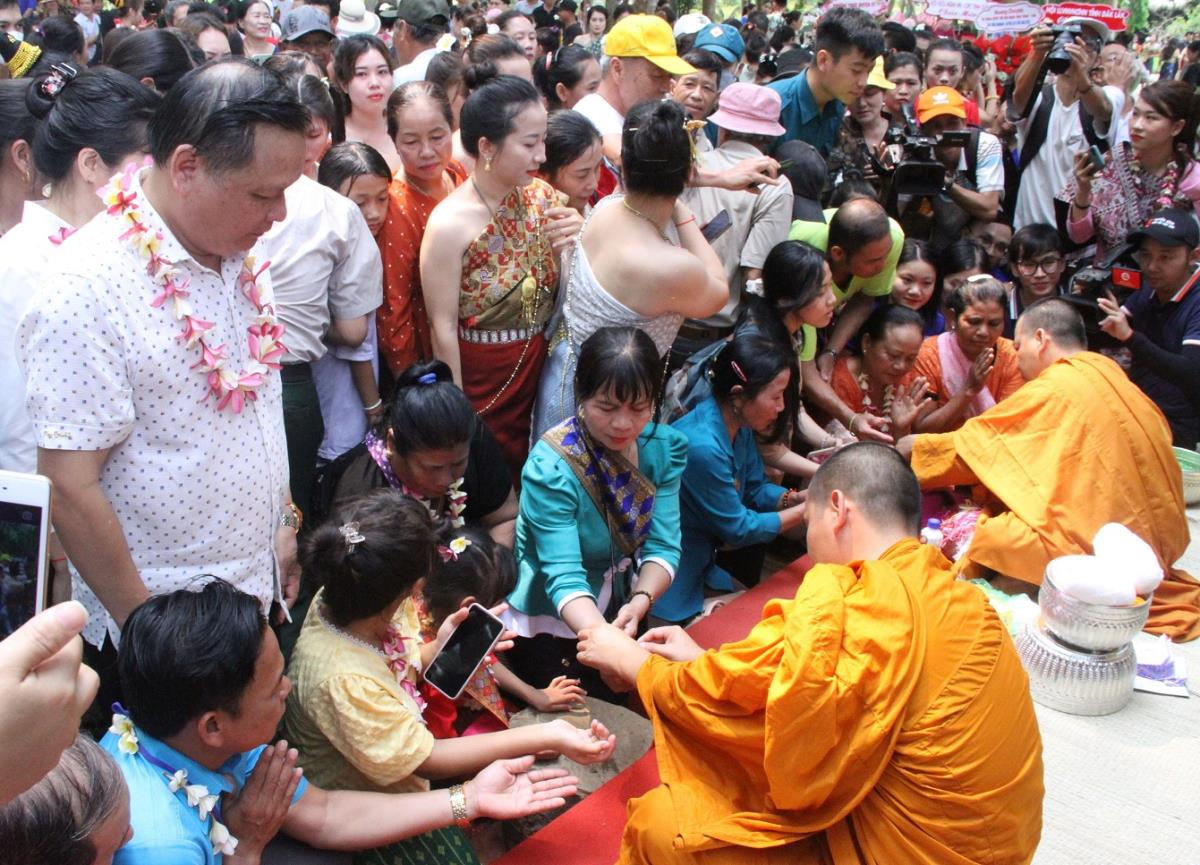 |
The ritual of tying threads on fingers in a traditional Lao festival. Photo: Le Huong
Lao people who come to live in Buon Don bring with them the beautiful cultural and Buddhist beliefs of the Land of a Million Elephants. This is clearly shown in the Bunpimay Festival that the Vietnam - Laos Friendship Association, the local government and people organize annually with rituals in accordance with traditional customs.
Mr. Y Luom Knul, Vice Chairman of the Commune People's Committee, and Vice Chairman of the Vietnam - Laos Friendship Association of Krong Na Commune, shared: The traditional New Year of the Lao people, also known as Bunpimay Festival, is not only an occasion for cultural exchange, but also has a strong humanitarian character, helping Vietnamese people of Lao origin remember their roots, contributing to enriching the folk cultural treasure of ethnic groups. This is also an important motivation for each Vietnamese person of Lao origin to cultivate and build a life in the new homeland, a practical action to strengthen the great solidarity of ethnic groups, and deepen the special friendship and solidarity between Vietnam and Laos.
To this day, Lao dances, folk songs and musical instruments are still passed down through generations. In particular, there are still many heritages bearing the ancient Lao culture such as the over 100-year-old Bodhi tree in Yang Lanh village; the ancient house of the elephant hunting king Y Thu K'Nul, who has Lao and M'Nong blood; the tomb of the best elephant hunters in Ban Don located at the edge of the forest in Tri village.
Mr. Y Sy That Ksor, Vice Chairman of Buon Don District People's Committee affirmed: Buon Don is a land of cultural exchange. Here, there is not only the culture of local ethnic groups, but also the culture of the northern ethnic groups and especially Lao culture. Since living in Krong Na land until now, Lao ethnic people have always stood shoulder to shoulder with other ethnic groups to overcome all difficulties and challenges, united to help each other develop the economy, preserve and promote the culture imbued with national identity. They also actively participate in patriotic emulation movements, build the Party and the government increasingly stronger, and improve the material and spiritual life of the people of each country./.
Bich Huong


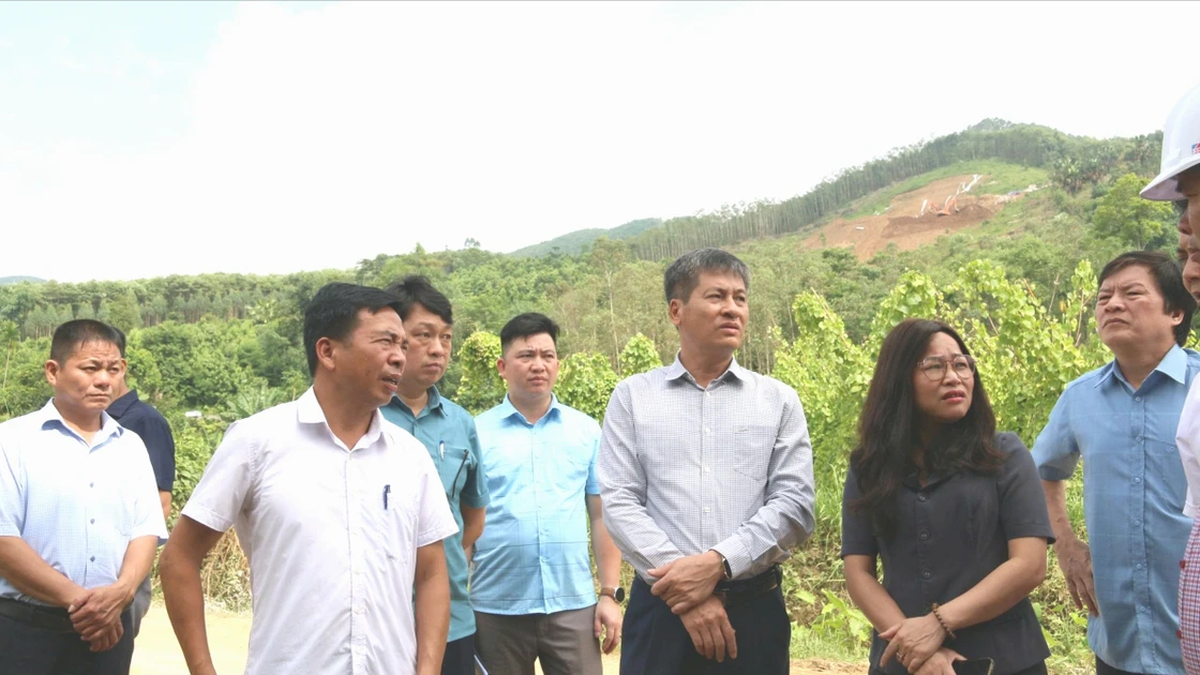
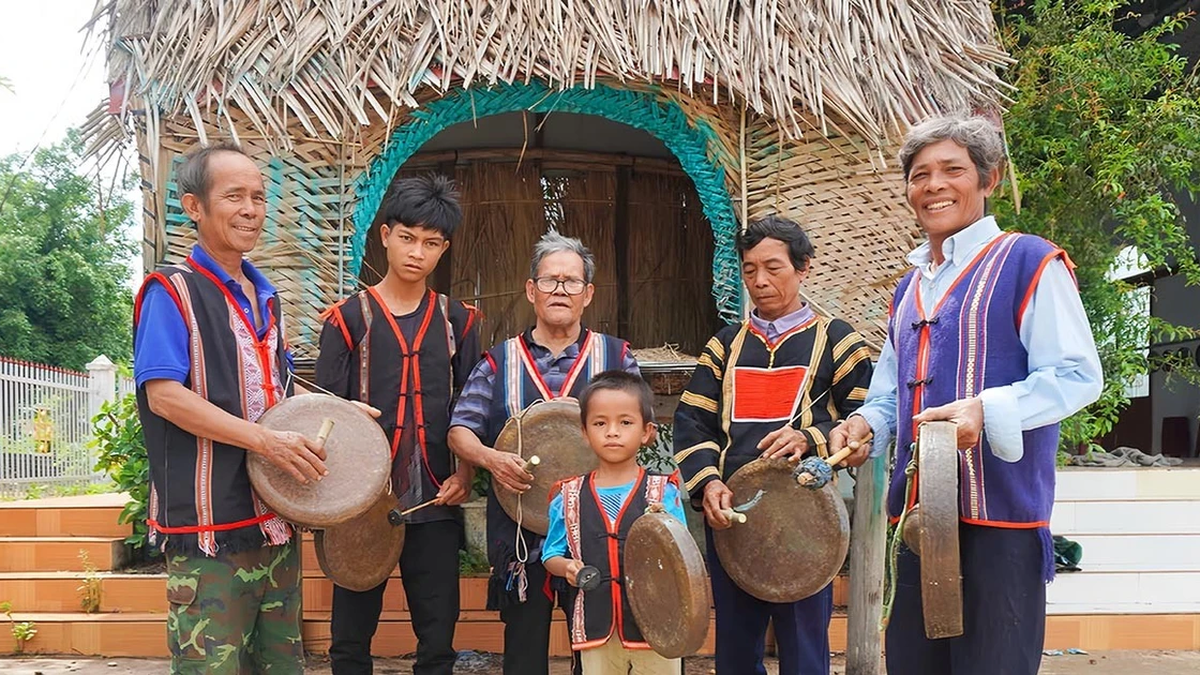
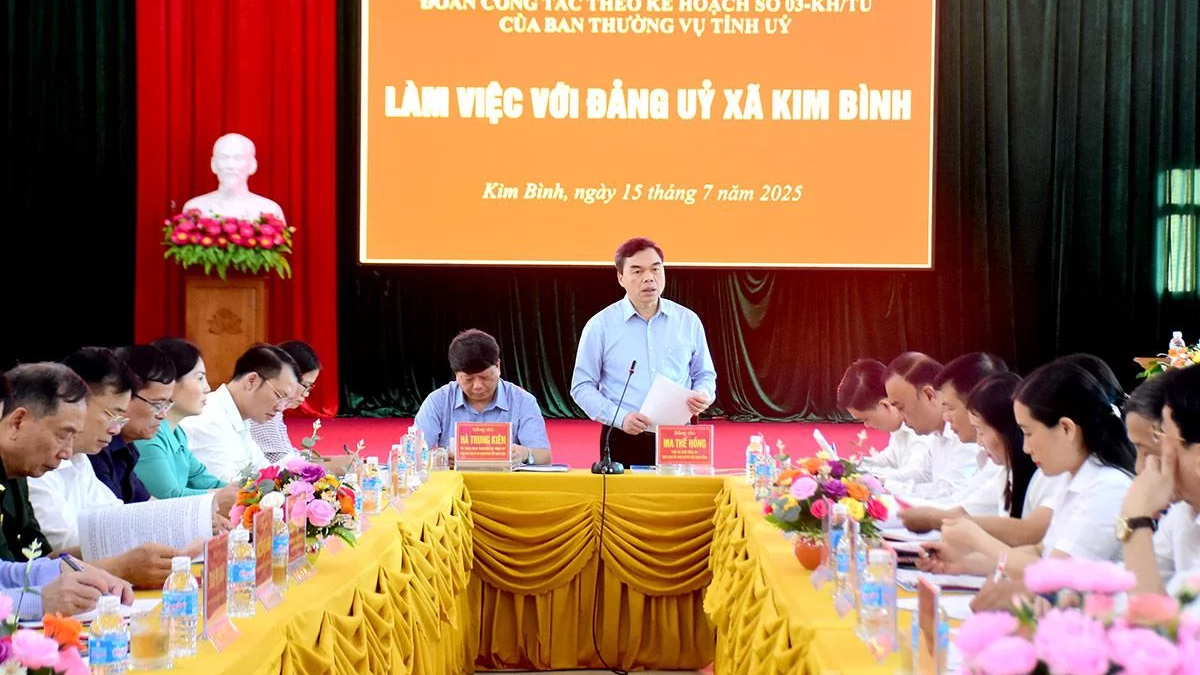
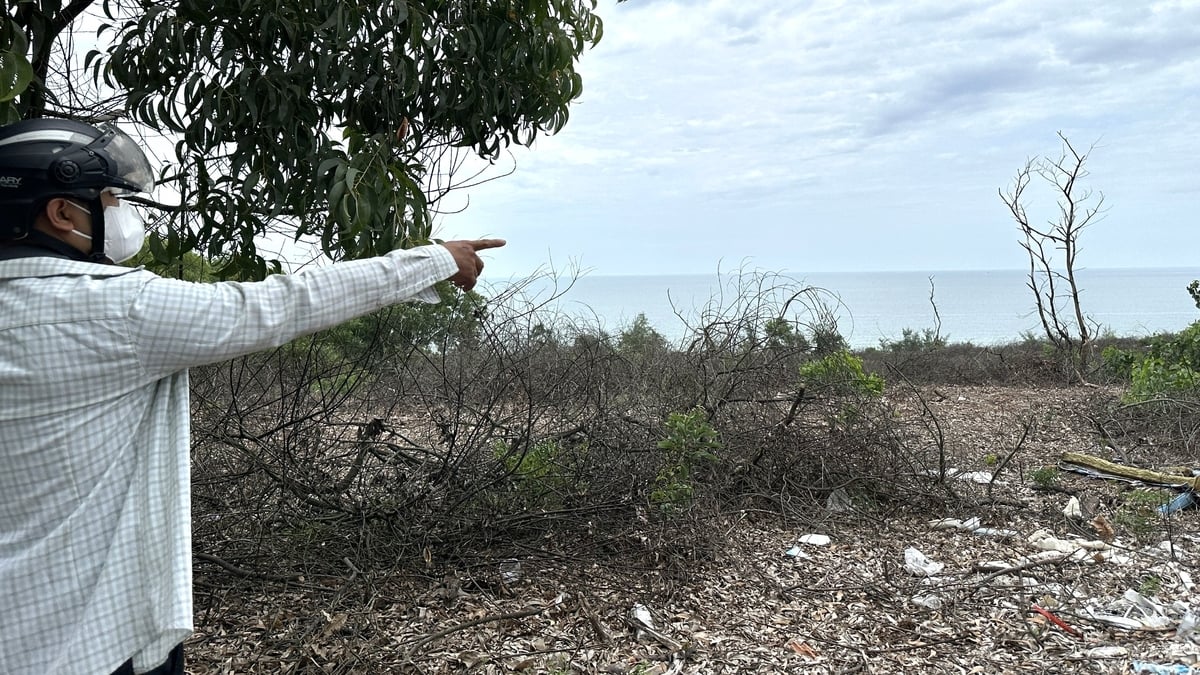
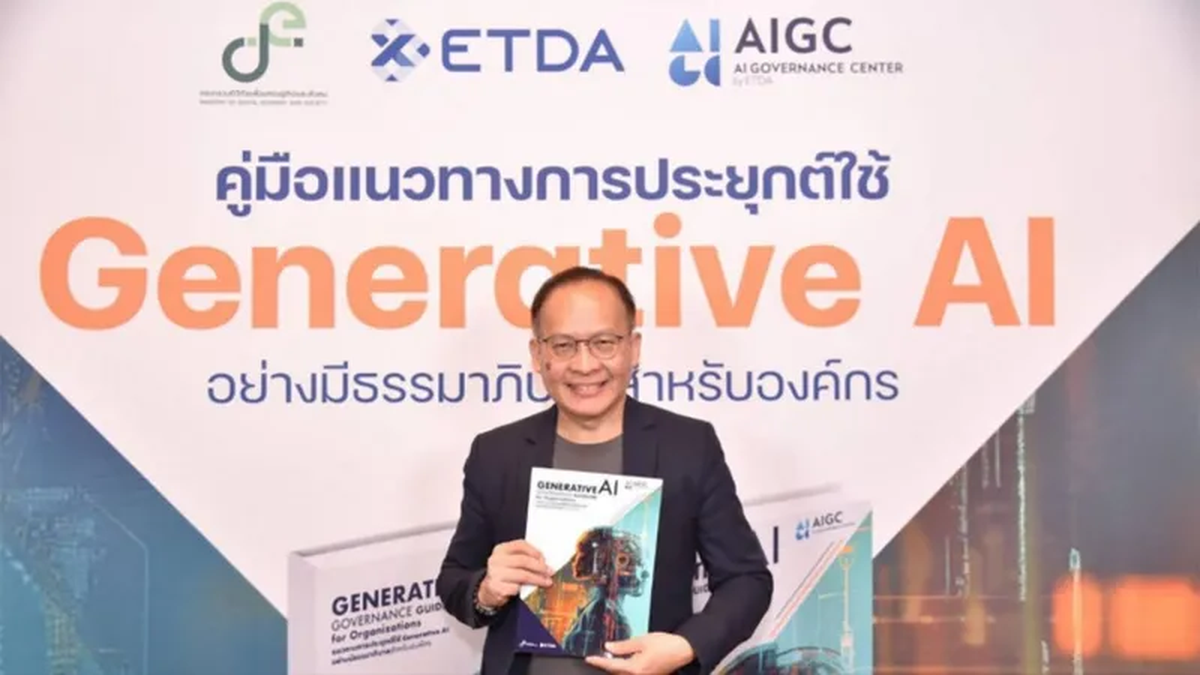
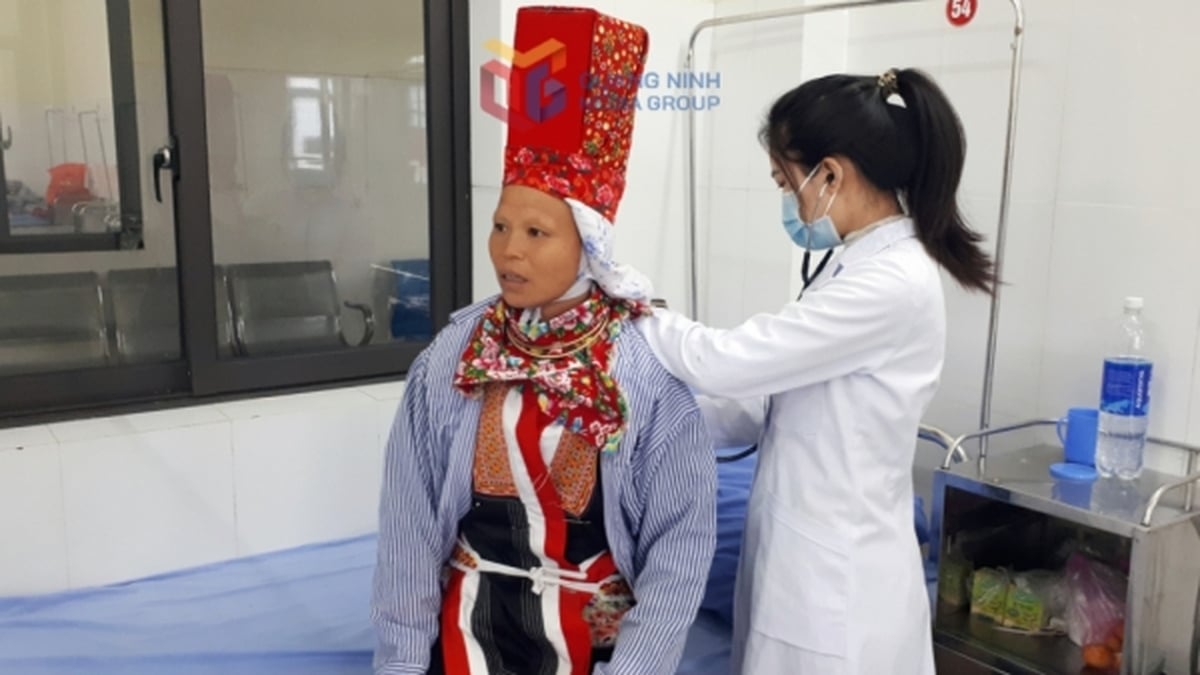
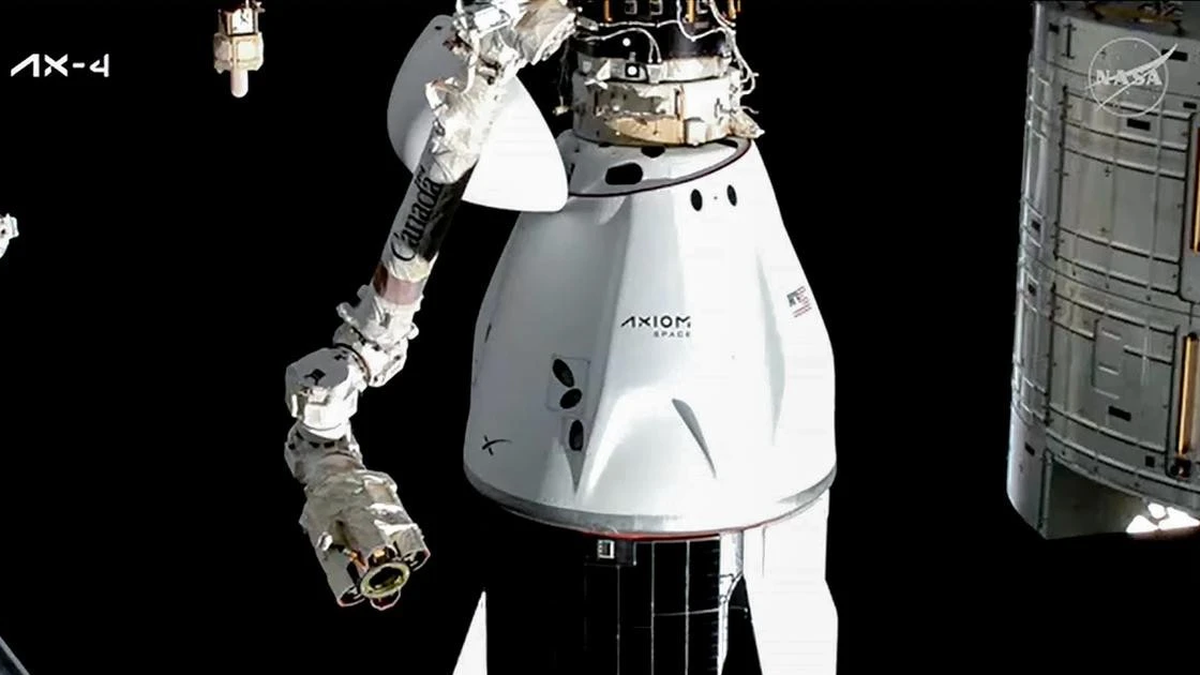
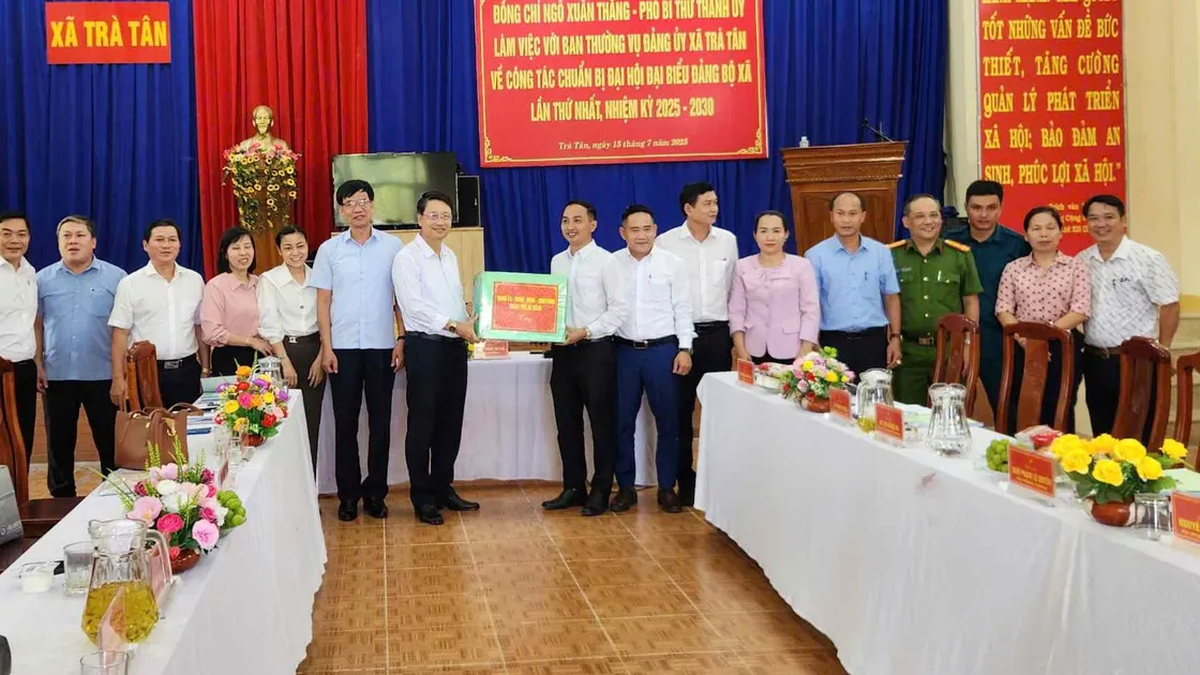
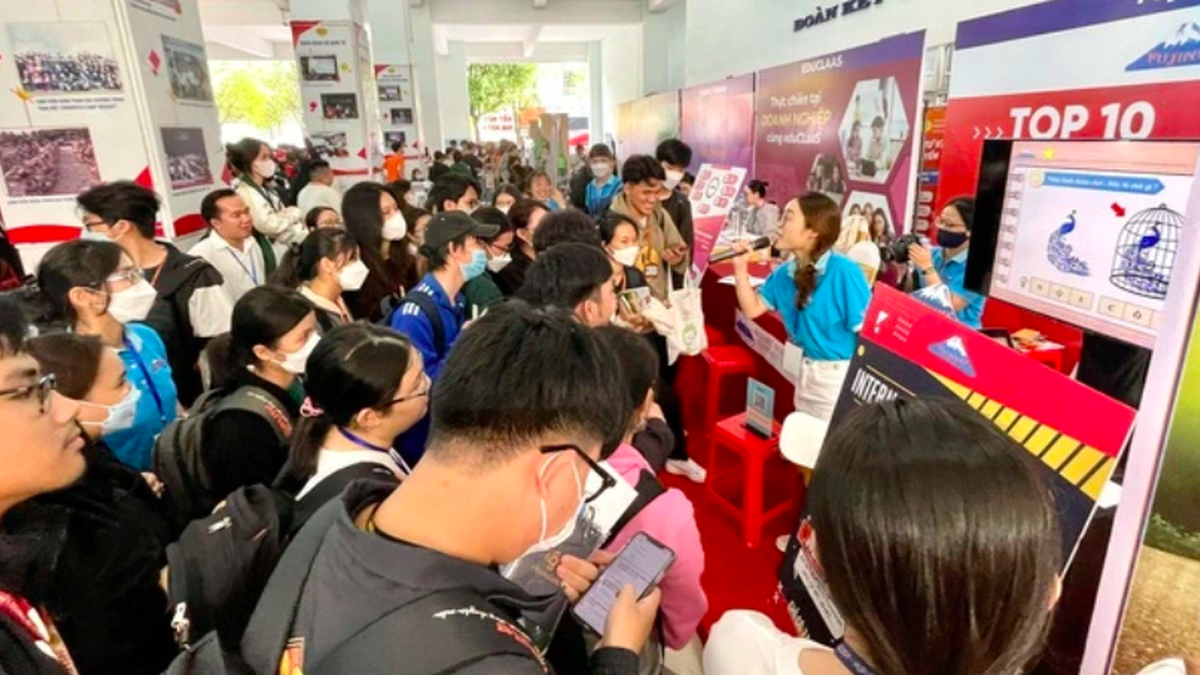
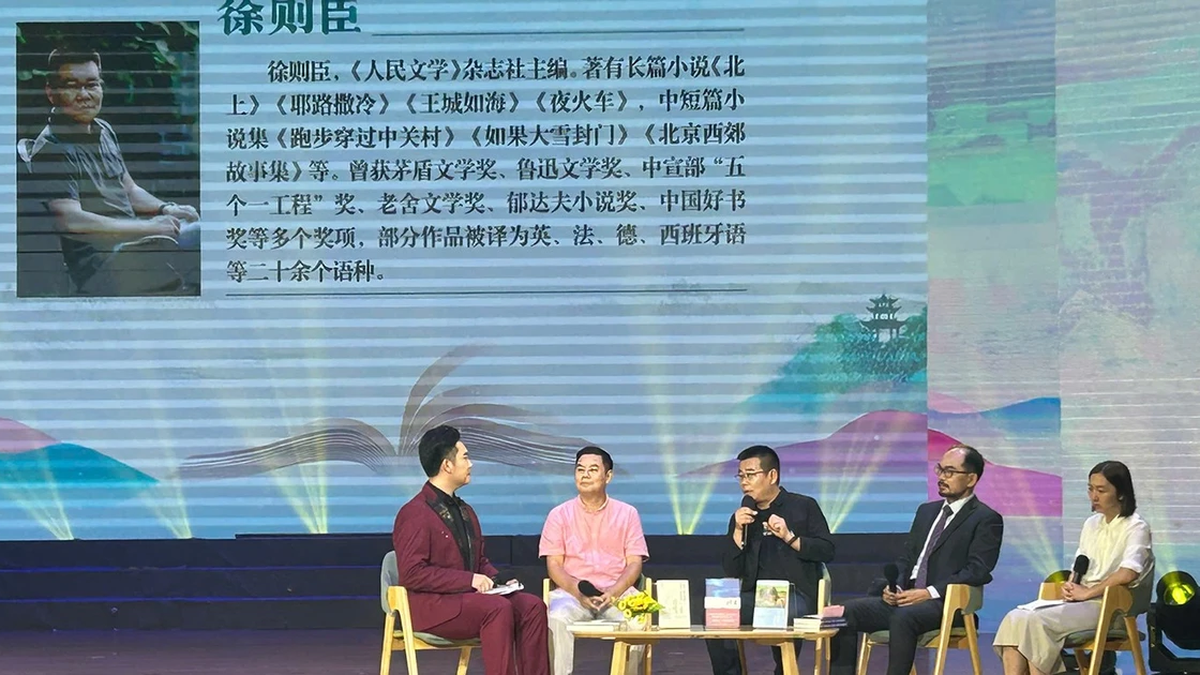






































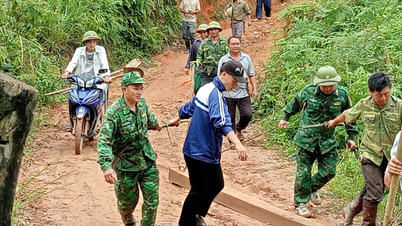
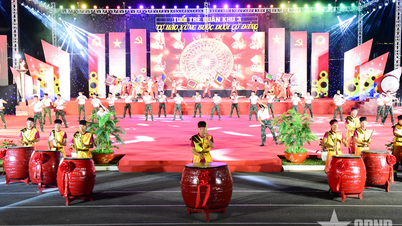



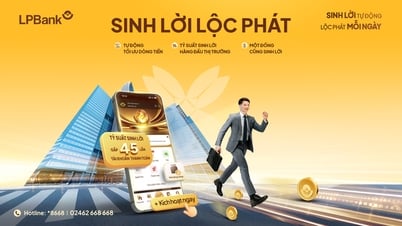
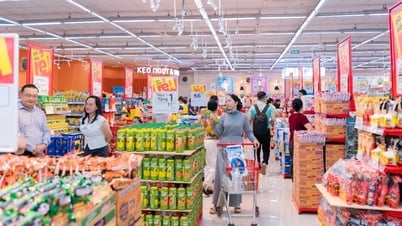
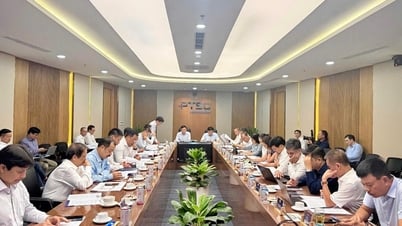

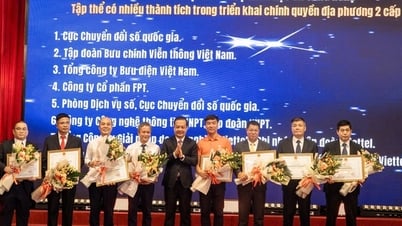

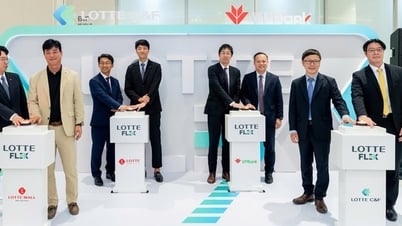
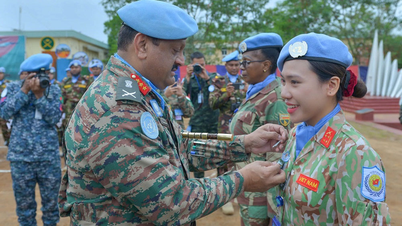
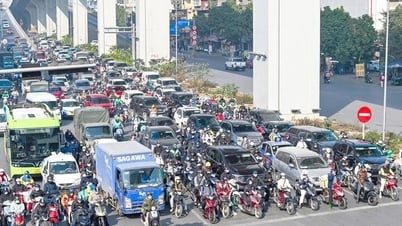

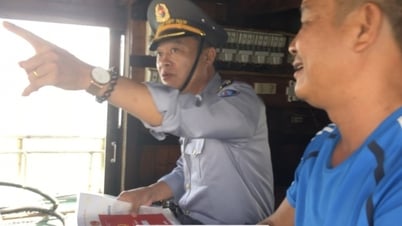

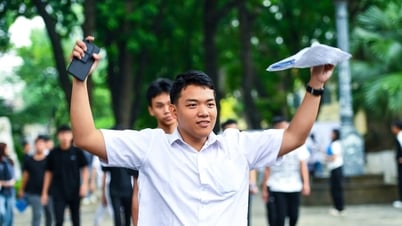

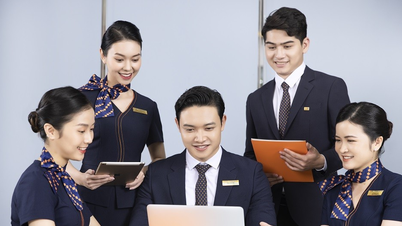
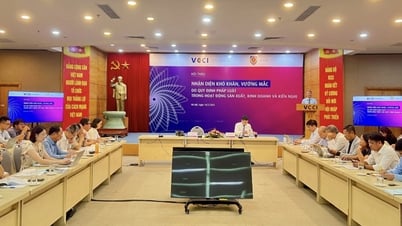

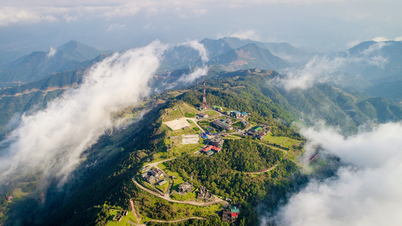

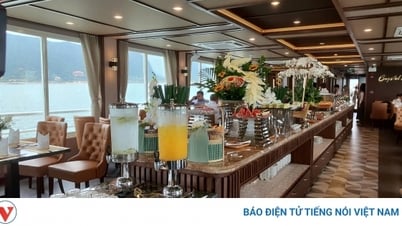
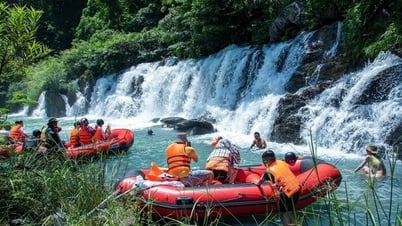
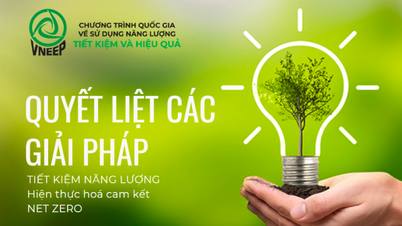

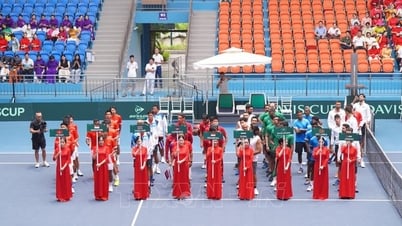
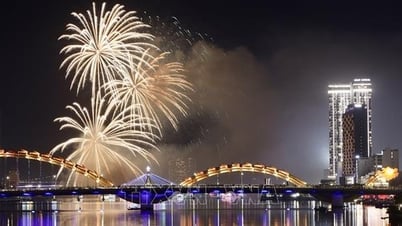













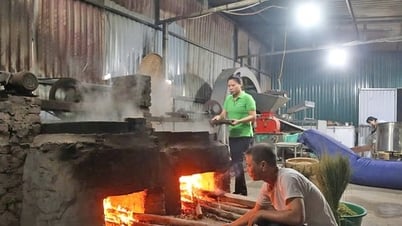






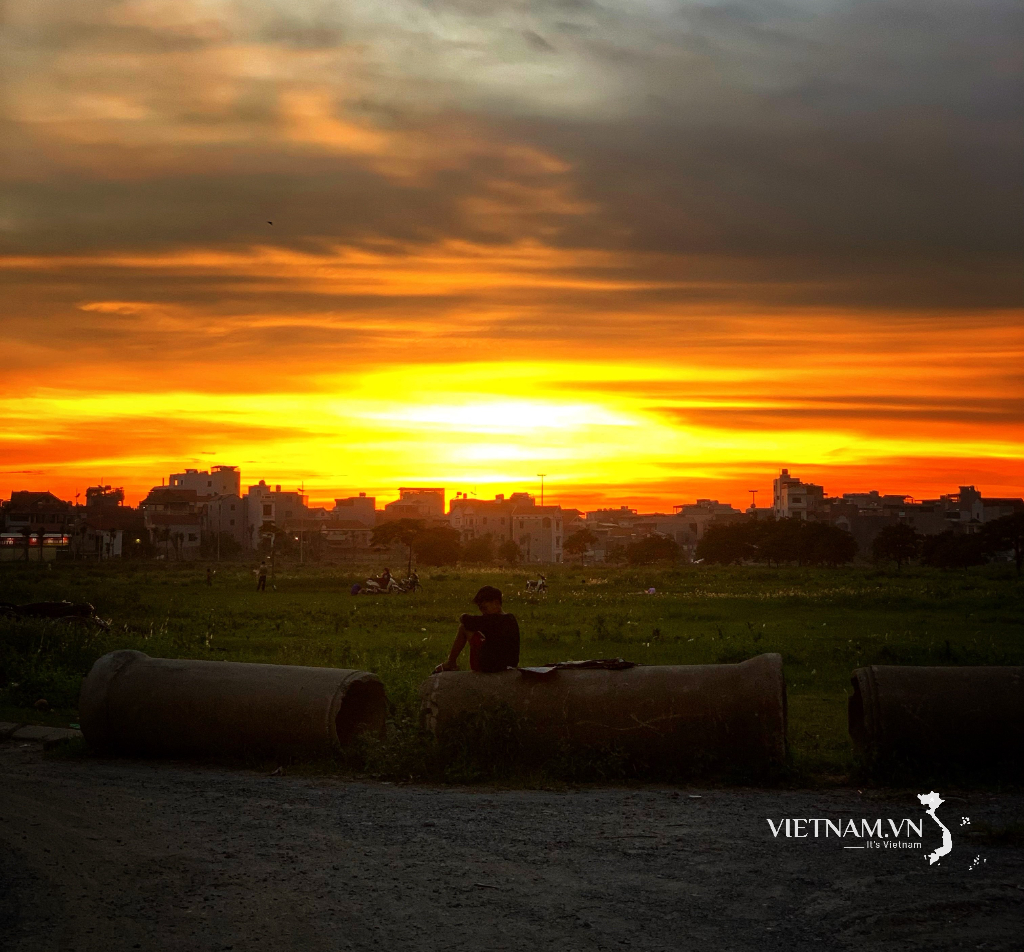

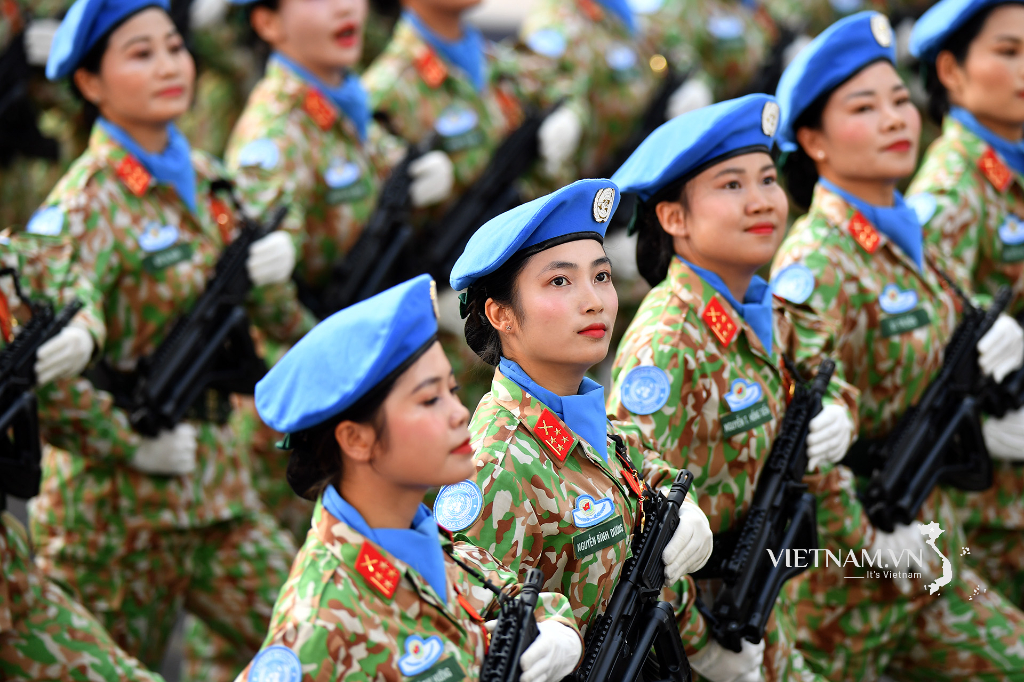

Comment (0)